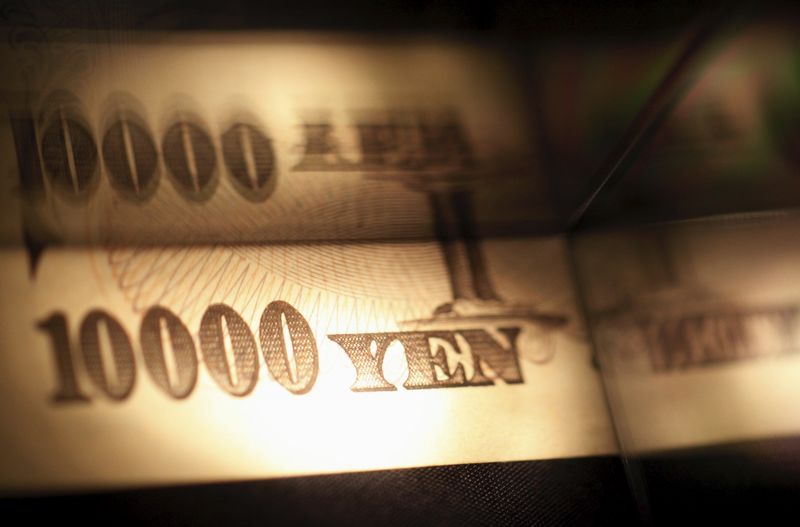
The dollar found some strength on better-than-expected labor market data, although any major advances in the greenback were quelled by persistent bets on interest rate cuts.
A risk-on rally in stock markets also helped inspire some confidence in regional markets.
The Chinese yuan strengthened on Friday, with the USDCNY pair falling 0.1% after a stronger-than-expected midpoint fix by the People’s Bank.
The yuan was also buoyed by data showing Chinese consumer price index inflation grew more than expected in July, while producer price index inflation fell slightly less than expected.
The data indicated that recent interest rate cuts in China were helping spruce up some consumer spending and prices, although lower rates bode poorly for the yuan in the long run.
Traders were also cautious over whether Friday’s reading indicated a trend, given that despite some strength in July, Chinese disinflation still remained in play.
The Japanese yen steadied on Friday, but was nursing steep declines in recent sessions following some less hawkish signals from the Bank of Japan, and as improving sentiment also sapped the currency of safe haven demand.
The USDJPY pair fell slightly to 147.22 yen, but was trading well above lows of around 141.6 yen hit earlier in the week.
The yen’s turnabout came as BOJ officials said they would not hike interest rates during market volatility, tempering a hawkish message from the central bank during an end-July meeting.
But despite weakening this week, the yen was still sitting on stellar gains against the dollar over the past month, especially as the global carry trade began to unwind.
The dollar index and dollar index futures both steadied in Asian trade after seeing mild strength in overnight trade.
Better-than-expected jobless claims data helped spur bets that the labor market was not slowing as drastically as payrolls data last week had suggested.
But despite the positive data, traders largely maintained their bets for an interest rate cut in September, although they did trim expectations for a 50 basis point reduction, CME Fedwatch showed.
Broader Asian currencies advanced as sentiment improved. The rate-sensitive South Korean won’s USDKRW pair slid 0.7%, while the Singapore dollar’s USDSGD pair fell 0.2% in holiday trade.
The Australian dollar’s AUDUSD pair added 0.1%, extending gains after hawkish signals from the Reserve Bank boosted the currency.
The Indian rupee’s USDINR pair pulled back from record highs, albeit barely, after the Reserve Bank of India struck a somewhat hawkish tone and also slightly trimmed its growth forecast for the current quarter.
To read the full article, Click Here

